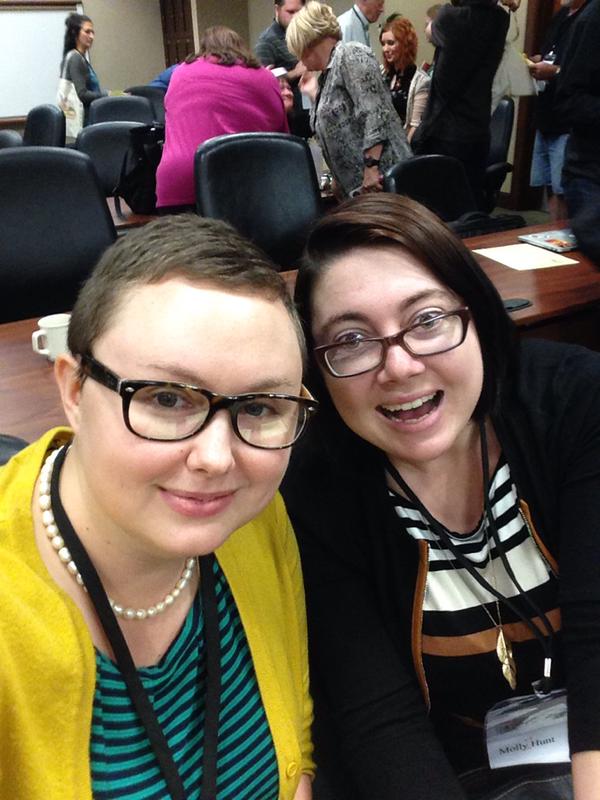The people who need to read this blog post are the least likely to ever set eyes on it. And I know that because the only annoying queries us acquisitions co-managers receive are those from folks who don’t do their homework on the publisher who’s about to receive their query. Seriously—we’re always excited at the discovery of a potentially amazing project, but sloppy preparation on the submitter’s part not only makes your manuscript look bad, it makes you look bad.
You’re selling yourself, not just the manuscript.
You don’t have to be a social media maven, although that’s the easiest way to illustrate you’ve already carved out an audience. But sell us on why you’re the right person to be publishing whatever type of manuscript you’re sending. Provided you don’t overload us with a multi-page or longer query letter, personal details are often important. Take our recently released YA title, A Series of Small Maneuvers by Eliot Treichel: he’s not a teen girl like the protagonist (though he writes her well), but he’s an outdoorsman and a kayaker, and he shared his expertise with us when he queried because it plays heavily into the novel’s events.
Also—please don’t take this the wrong way—don’t be difficult to work with. This bit of advice is more nebulous, but realize that if you’re argumentative or if you stretch the truth now, we’re wondering how that’ll play into your manuscript’s progress later on. (But understand we aren’t conflating being argumentative with caring about your book!)
Read the guidelines.
Seems obvious, but you’d be surprised (or you wouldn’t; I don’t know how pessimistic you are) at how even the people who are genuinely interested in a press still can’t get themselves to carefully read the guidelines. And don’t trust any print publication or third-party source—if a publisher or agent has a website, find it, read it, and make sure you have the right info. Anything else could be out of date or misinterpreted by the third-party service.
PS. For our part, Ooligan’s review process takes longer than many presses, and we need you to notice that. It’s why we don’t mind simultaneous submissions. We appreciate your patience, and I’d like to point out that we often provide more feedback than presses with a quicker turnaround time.

Queries are always submitted first. Don’t proceed to the next step until we request it from you.
What about the gray areas?
You may have questions as you slowly and thoroughly go over our submission guidelines. (Which I know you’re going to do—right? Right!?) Aside from nixing genres or book types that we simply don’t publish, most books don’t fit into a tidy one-category box, although we appreciate it when you pick an umbrella category to quickly distinguish your manuscript. We want to see which way you jump; as the author of a manuscript, you probably know best that this isn’t a one-size-fits-all industry.
Make a banana smoothie.
Querying is about you doing all of the work, and if you’re not prepared to work, don’t query. Don’t just peel the banana and hand it to me—chop it up and arrange it on a platter with some toothpicks. Better yet, mash it up and spoon-feed it to me. (This metaphor courtesy of Georgia Frances King, editor of Kinfolk magazine, who gave an Ooligan-sponsored talk in the spring of 2015.) When and if we acquire your manuscript, we’ll put in hours and hours of work. We’ll put everything in for your book; we’ll sweat and bleed for it alongside you. But until then, your banana is just another in the bunch.

